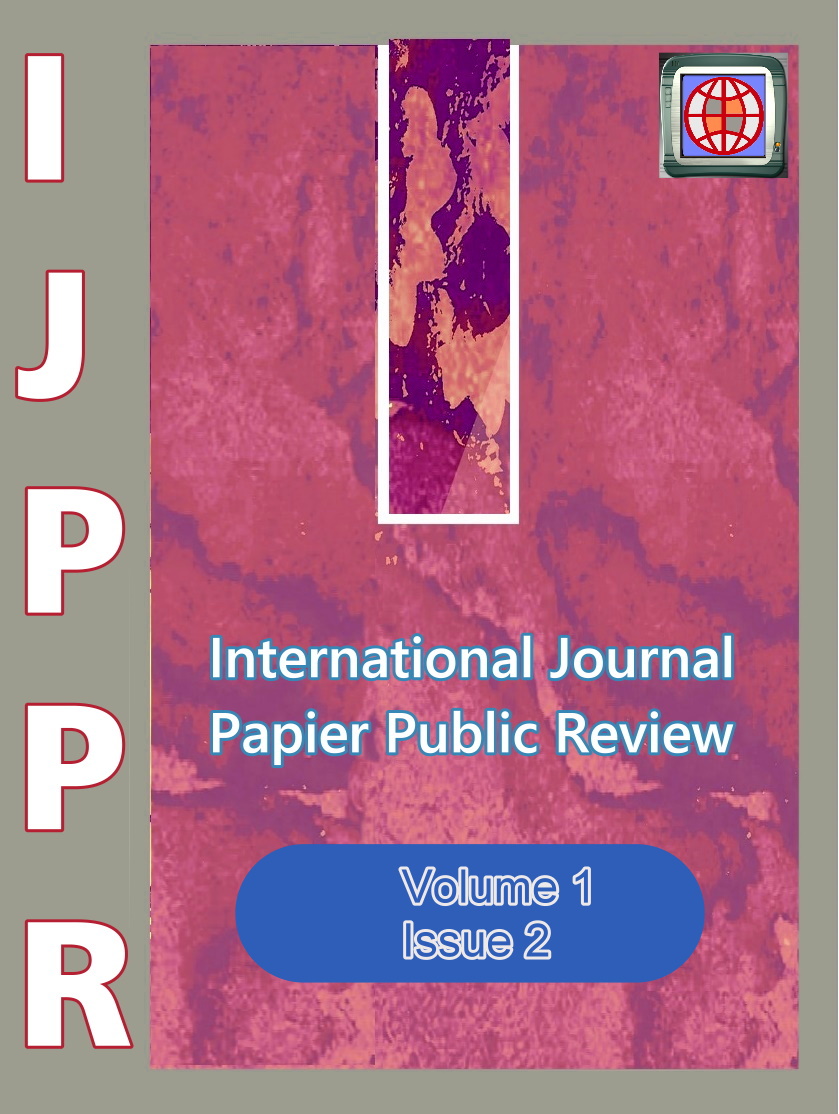
International Journal Papier Public Review
Yazarlar: Yuyun S, Suriah Suriah, Apik Indarty Moedjiono, Muhammad Syafar, Hasanuddin Ishak, Masni Masni
Konular:-
DOI:10.47667/ijppr.v1i2.34
Anahtar Kelimeler:Willingness,Communty Empowerment,Quit Smoking in Home
Özet: Smoking is one of the biggest causes of death in the world. Secondhand smoke contributes to more than 7 million deaths per year. The tobacco atlas shows that 66% of men in Indonesia are smokers, this condition has the potential to increase the number of passive smoking in the home. This study aims to know the effect of community empowerment on to willingness quit smoking in the home before and after the intervention. This type of research is a quasi-experimental with a pretest-posttest control group design on 40 respondents who were selected by purposive sampling. This research was conducted in Tokke Village and Tolada Village, which are coastal areas and are two of the 14 villages in Malangke District, North Luwu Regency, Indonesia. The selection of the intervention and control groups was carried out using the simple random sampling method. This is because the two groups have the same characteristics. Based on this method, Tolada Village was made into an intervention group and Tokke Village was made a control group. To see the effect of community empowerment on community willingness, data were analyzed using an independent t-test and paired t-test. The results showed a significant difference in pre-post test willingness (p = 0.014) in the intervention group and willingness (p = 0.006) in the control group. However, the results of the independent-test showed no significant difference in willingness between the intervention and control groups (p = 0.471). This shows that community empowerment does not have a significant effect on people's willingness to stop smoking in the house. It is recommended that health workers carry out community empowerment that is tailored to the characteristics of the local community.